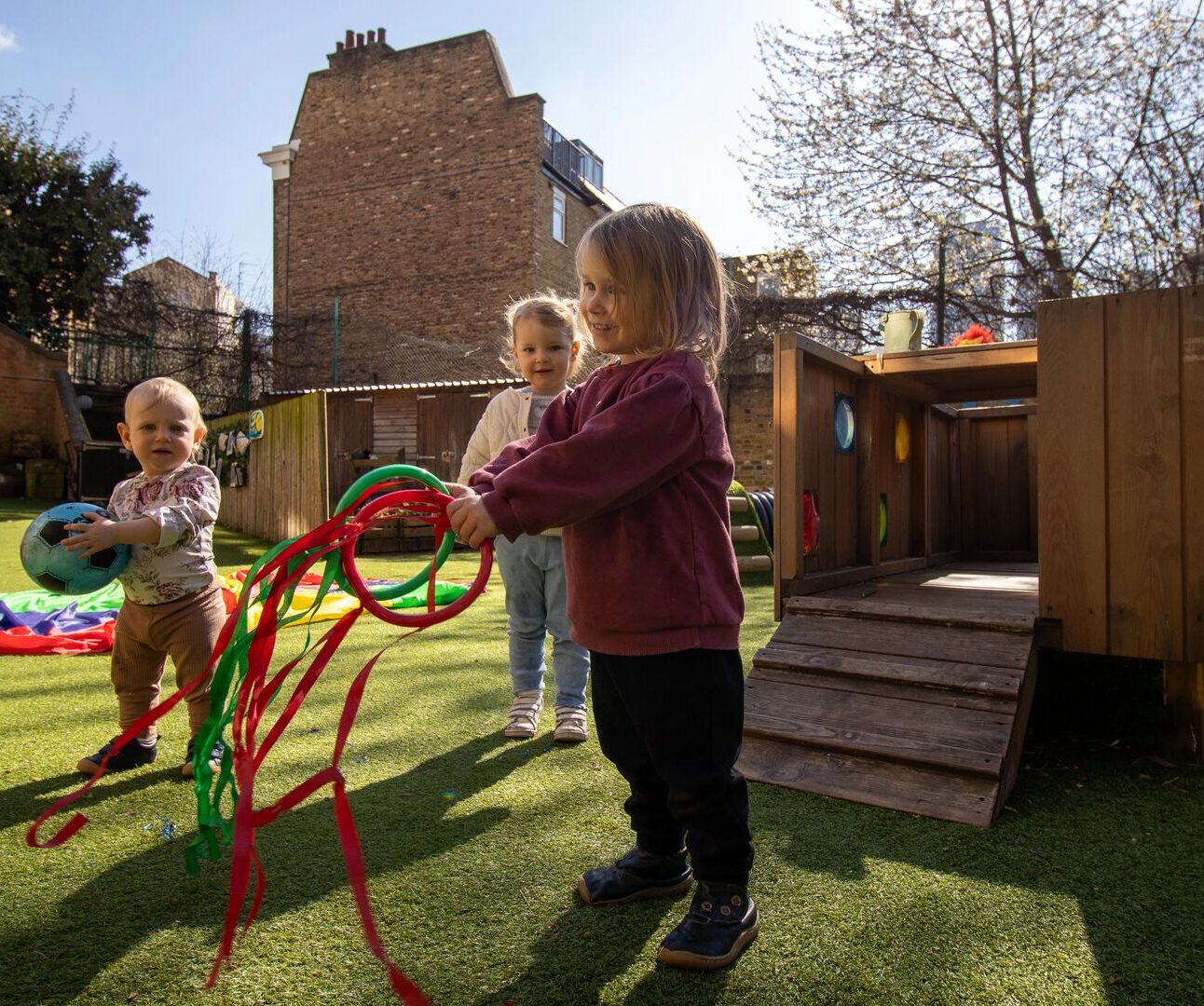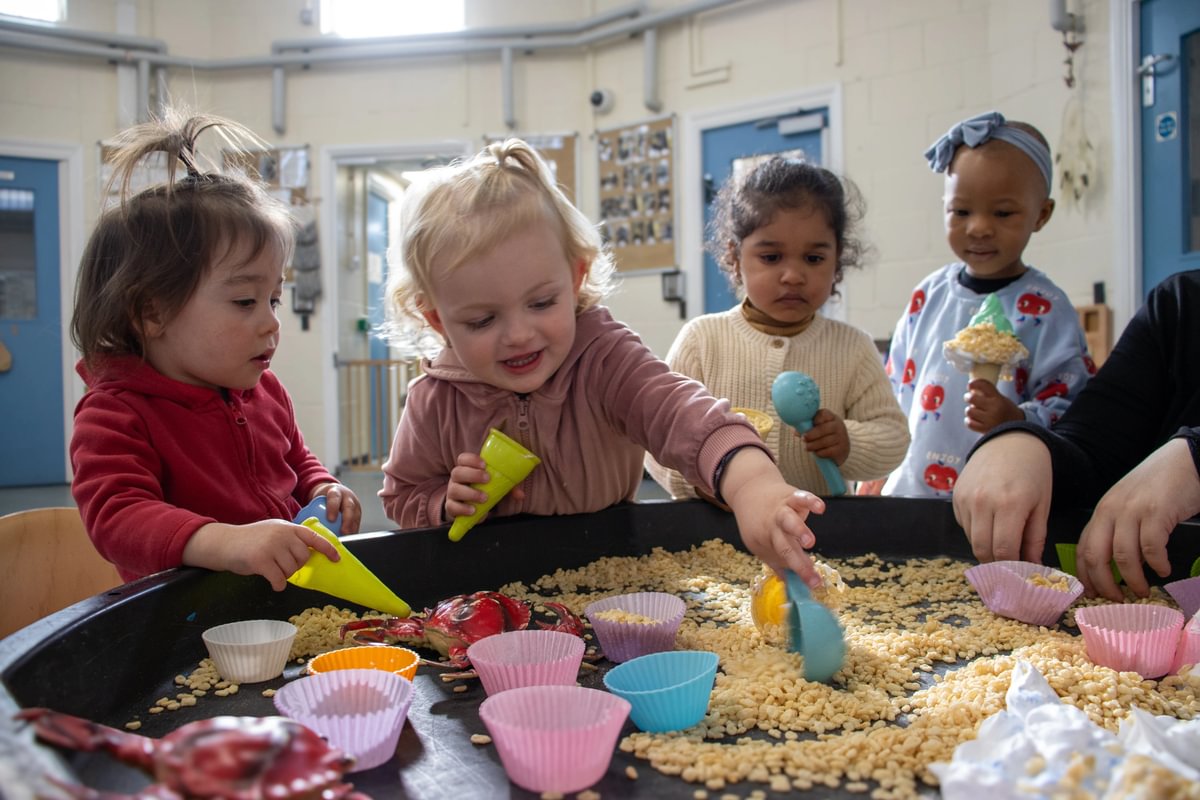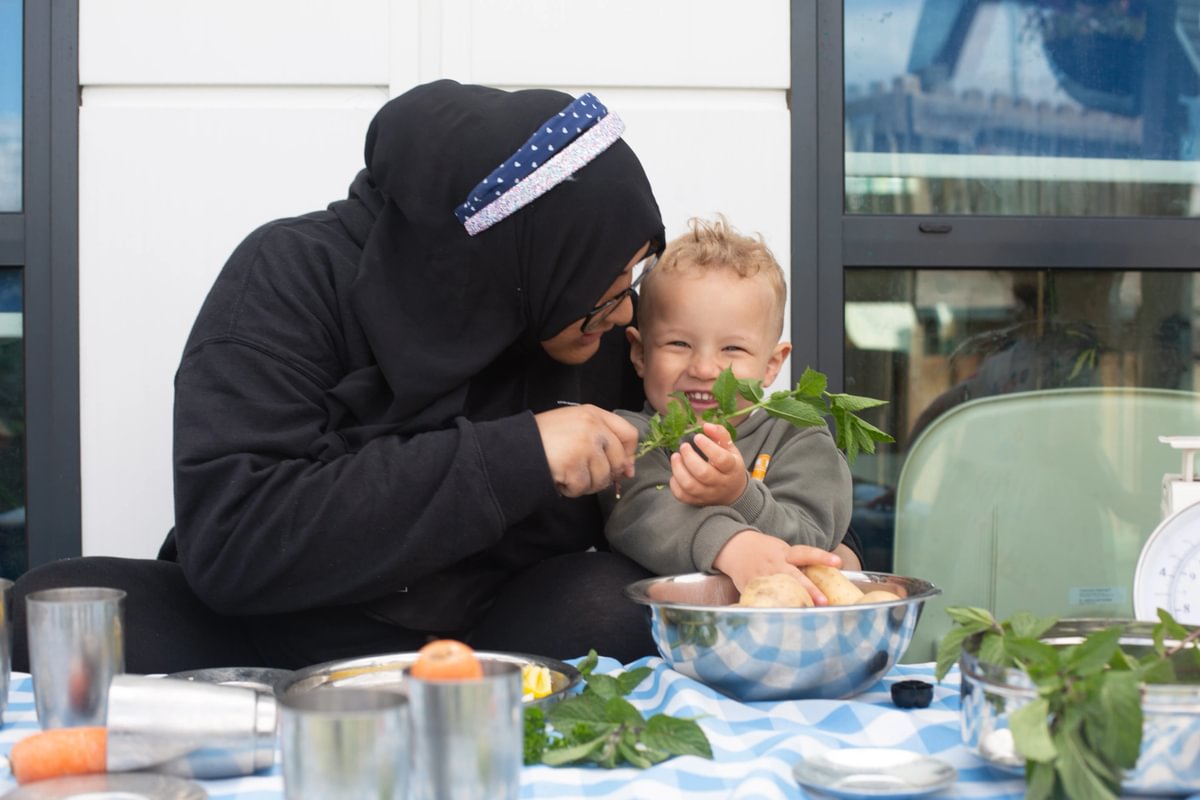The Ofsted Big Listen has reported. I have summarised the main thrust of the report. They will act using 7Cs but we need to engage and make sure we influence some of the planned changes which will include an Ofsted Academy.
They want to make their inspection frameworks relevant to the sector and that’s important for Early Years as there is much usage of the language “outcomes achieved” which does not always lie easily within the world of small children.
Take up their offer and engage so when they reset their relationship with the sector, they do so in a fair and balanced way.
How they Consulted
The Big Listen was the largest consultation in Ofsted’s history with over 20,000 responses to the public consultation, including over 4,300 responses from children to a bespoke children’s consultation.
The intention was to make sure Ofsted:
- is a modern, world-class inspectorate and regulator
- is trusted by parents and carers, children and learners, and the sectors they work with
- hear feedback and address criticism to change and improve and become a learning organisation
They used independent researchers National Centre for Social Research (NatCen), which surveyed over 4,000 parents and 4,000 members of the public, and ran 7 focus groups with parents and carers. They also used IFF Research which surveyed over 7,000 professionals from the sectors they inspect and regulate, and ran 52 focus groups with professionals. Coram Voice, Catch 22 and Career Matters led focus groups with children in care and care leavers.
There was an internal version of the Big Listen with 1000 Ofsted staff including Ofsted inspectors, HMCI and leaders from Ofsted-led stakeholder groups for 1000 more people. Finally, Dame Christine Gilbert conducted an independent learning review into Ofsted’s response to the tragic death of Ruth Perry.
A Summary of What they Discovered
Inspection and reporting
Through the public consultation, the biggest issue providers and professionals expressed frustration with was single-word judgement.
- 3 in 10 professionals (29%) (IFF Research) and 4 in 10 parents (38%) (NatCen) support single-word judgements for overall effectiveness.
- Half of professionals (53%) and 3 in 4 parents (76%) said that there should be separate judgements, grades or summaries for each inspection area.
- Some consultation respondents supported us making judgements about providers but criticised the potential high-stakes consequences, such as the Department for Education (DfE) taking regulatory action in schools.
- Only 1 in 8 (13%) respondents in the schools section of our consultation agreed that the number of good and outstanding providers was truly reflective of the overall quality of the sector. This rose to only 3 in 10 (29%) respondents in social care: the highest response across all areas.
Culture and impact
The most challenging feedback we heard through the Big Listen was about Ofsted culture. The independent research found that:
- half (49%) of parents agreed Ofsted could be trusted; around 1 in 4 (26%) disagreed (NatCen)
- less than half (41%) of professionals from providers we inspect said they trusted Ofsted; a similar number (43%) said they did not trust us (IFF Research)
Consultation responses suggested Ofsted is too defensive when concerns are raised and responses lack transparency or accountability. IFF Research found that nearly half (47%) of professionals would be uncomfortable raising a concern during an inspection.
Ofsted at work
There was mixed messages about the impact of our work from the professionals who work with Ofsted. IFF Research found that:
- About half (47%) of respondents said Ofsted was good at minimising stress for staff.
- About half of respondents across the schools (48%) and early years sectors (56%) said that inspectors show empathy on inspection. This rose to about 6 in 10 for further education (FE) and skills (57%) and children’s social care (64%).
- About 2 in 3 respondents said that inspectors build positive relationships with leaders and staff: 58% in schools, 61% in early years, 68% in FE and skills, 77% in teacher development, and 70% in children’s social care.
- Around 3 in 4 provider representatives said that inspectors carry out their inspections with courtesy and respect: 66% in schools, 75% in early years, 77% in FE and skills, 84% in teacher development, and 79% in children’s social care. Individual staff were less positive. Around 2 in 3 said Ofsted was professional. Just over half said Ofsted carries out its work in a courteous manner.
- There were signs of improvement over the course of the last academic year. Providers inspected more recently were more satisfied with their experience. Schools inspected since September 2023 were more likely to rate Ofsted as empathetic (56% after compared with 45% before).
Inspector expertise
There were also mixed views about the expertise of our workforce, understanding of providers’ context and the consistency of inspections. IFF Research found that:
- Almost 7 in 10 (68%) said that inspectors have up-to-date knowledge and expertise, but 1 in 6 said inspectors’ knowledge and expertise was poor (16%).
What will Ofsted do?
They have created the 7 Cs:
- Children and learners first – They heard from parents and carers that children and learners should come first, across all of our work. And they agree!
- Care and well-being – Inspectors should have more care and concern for the well-being of the leaders and staff being inspected so they will put it into practice all the changes in the report from improving inspector training (including mental-health training) to reforming how we inspect.
- Consistency of our inspections – There were criticisms that inspections were inconsistent, and inspectors do not always have the necessary expertise or experience in the specific types of provision they inspect, or do not quite understand the context the provider is working in. Changes to inspector recruitment and training will help address this.
- Content of our frameworks – The inspection frameworks do not always work as well as they could for some types of providers. They will tailor the frameworks to better suit different types of providers.
- Complaints – There was criticism of how we handle complaints, and about a lack of openness. The report will lay out how they intend to improve transparency and complaints-handling processes.
- Constructive feedback and reporting Inspection feedback should be more constructive, and that reports should have recommendations for improvement. Parents, carers and professionals all want more nuance in their reports, while still giving a clear assessment of quality.
- Consequences of our judgements – Much frustration from many of the professionals they inspect about the consequences of single-word judgements for overall effectiveness, and the anxiety they cause. They will work with the government to change this.
What does this mean for Ofsted?
- Reset the relationship with those we regulate and inspect, working collaboratively with them to put children and learners first.
- Reform our inspection framework.
- Consult on creating a reformed inspection framework for schools, early years and FE and skills. They will take the best of the current approach, such as the curriculum focus, but learn lessons from the consultation including transforming the process of inspection, and – as far as possible – reducing the anxiety.
- Ensure parents, carers, learners and professionals are better informed about the quality of education, care and skills in England.
- Make inspection and regulation amore collaborative processes, taking better account of providers’ contexts and focusing on identifying areas for improvement.
- Tailor the inspection frameworks to the types of providers they inspect.
To do this, Ofsted will:
- Base assessment of quality on the development, experiences and outcomes of pupils and learners, especially those who are disadvantaged or vulnerable
- Introduce rubrics that offer clear criteria for inspections and can support leaders to self-evaluate their practice.
- Make the inspection process more collaborative, using those detailed rubrics to guide conversations between inspectors and providers about their strengths and areas for improvement
- Make clearer what providers should improve, but not tell them how to improve. This means recognising leaders’ independence and expertise, while not compromising their role as the inspectorate
- Tailor the inspection process and criteria to the education provider phase and type, where appropriate. This will make sure that inspections focus on what really matters for children and learners in that setting
- Take better account for the context that a provider is working in by drawing on area insights to recognise where providers are achieving in particularly difficult circumstances
- Assess the development and implementation of the framework against:
– Its effect on leaders, teachers and practitioners’ workloads
– Equality, diversity and inclusion and the Public Sector Equality Duty
– Its effect on the mental health and well-being of those being inspect ed
Later this academic year, Ofsted will consult again to see how the changes under the 7Cs are progressing and set out more detail of how this applies to each sector: schools (including non-association independent schools), early years providers, and FE and skills providers.
Ofsted will introduce report cards, replacing assessment criteria for all education sectors, placing children and learners academic and non-academic outcomes at the heart of an inspection.
Place more focus and scrutiny on how providers are meeting the needs of children and young people with vulnerabilities such as socio-economic disadvantage and SEND including a new inspection criterion for inclusion.
There will be on an online portal that captures the complexity of providers’ quality and performance. This will give parents and carers, professionals and learners much richer information about the context providers are working in.
Ofsted promises to work with the DfE, and experts from across the education, skills and care sectors, on what the report card or similar tool should include.
Call to Action: Get involved!
Mark your diaries for the next London Ofsted Big Conversation meeting from 4pm on the 31st October at Bain & Co.



